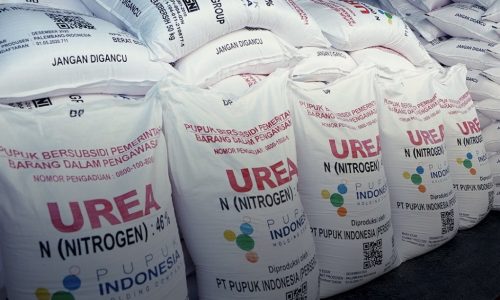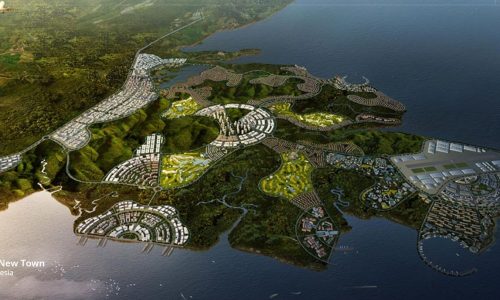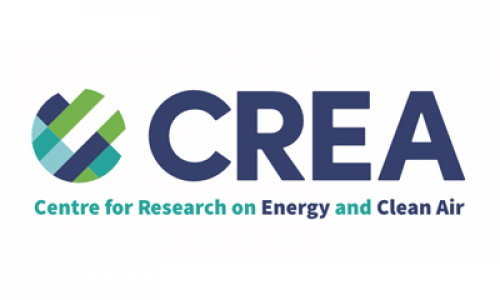The number of corruption cases in Indonesia has increased significantly. Based on data gathered by the Indonesia Corruption Watch (ICW), there were 579 corruption cases in 2022, an increase of 8.63% compared to the 533 cases recorded in 2021.
271 corruption cases related to infrastructure
Meanwhile, the Corruption Eradication Commission (KPK) has handled a total of 1,351 corruption cases during the 2004 to 2022. As many as 430 cases (31.82%) occurred within the central government.
ICW data shows that in the 2015 to 2019 period, there was an increase of 106 to 271 cases of corruption in the infrastructure sector, with losses reaching IDR 1.1 trillion.
Corruption in infrastructure is a challenge to the leadership of President Joko ‘Jokowi’ Widodo and his successors, who are currently focusing on continuing infrastructure development for the 2019 to 2024 period.
In the last two decades, the government has been seen as being aggressive and prioritizing economic infrastructure development. However, this sector is also accompanied by various corrupt practices.
Meanwhile, based on the report of KPK Deputy Chairman Nurul Ghufron in 2021 there were 36 cases of infrastructure corruption from 2020 to 2021. With the most recent and largest case of Lukas Enembe, the former Governor of Papua for the massive corruption case worth IDR 560 billion involving regional funds.
Agus Pembagio, a public policy observer, said that infrastructure is a sector prone to corruption.
“Infrastructure development in Indonesia is very prone to corruption starting from the discussion of the budget at the DPR RI (People’s Representative Council of Indonesia) to the implementation stage,” he said.
He considered that corruption in the infrastructure sector had a serious effect on the low quality of work, and led to high operating and maintenance costs.
To handle this, the government has formed a team of whistleblowers who are directly responsible to the Minister of Public Works and Public Housing of the Republic of Indonesia (PUPR). This team will oversee all infrastructure projects.
Legal manipulation and rent-seeking
A number of officials from the executive branch and politicians in the legislature, especially in the regions, have been prosecuted and jailed for abuse of authority in the use of infrastructure budget allocations.
As of January 2023, the KPK has handled 155 cases of mayors/regents and their deputies as well as 23 cases of governors.
This shows that infrastructure development does not only act as a variable for economic growth but also as a political commodity for elites in the government.
On the other hand, the commitment of the government and private operators to increase accountability for the implementation of infrastructure development programs is very important, by tightening regulations to encourage transparency and efficiency in the management of infrastructure development programs.
However, along with these regulations and techniques for manipulating them, politicians tend to continue to control the infrastructure sector because it has high political value. They also tend to use legal umbrella to legitimize rent-seeking in the implementation of infrastructure development programs.
Rent-seeking is the behavior of officials who allocate public budgets, but with the motivation for personal gain and certain groups with implications for harming public interests, both in the long and short term.
According to a study by Syarif Hidayat, National Research and Innovation Agency (BRIN) researcher, for the 2016-2020 period, several provinces indicated that local government elites, political parties and entrepreneurs tended to continue to abuse regulatory tools to seek control the infrastructure sector which has high political value. This will implicate infrastructure projects as political commodities and potential fields for rent-seeking practices.
As for the regulation that has a certain flexibility, it will open up space for policy manipulation and rent-seeking legitimacy, because it has the opportunity for multiple interpretations and creates a gray space.









